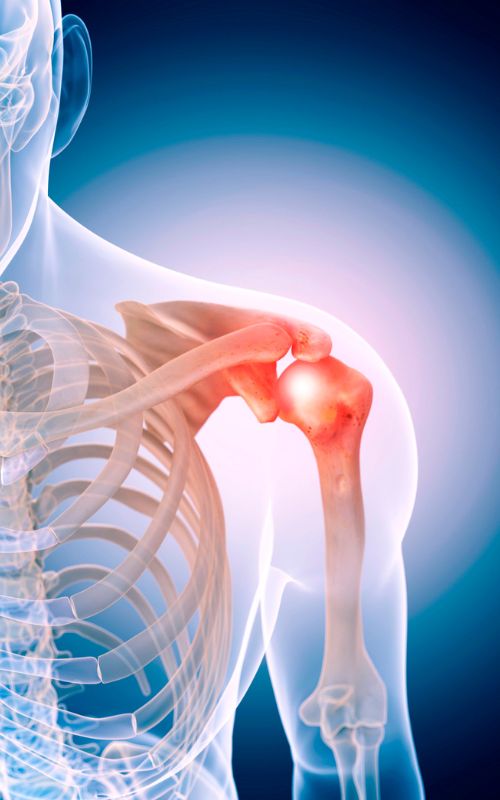David Dines, MD & Joshua Dines, MD provide a broad range of Orthopedic Sports Medicine services. Both are attending surgeons at Hospital for Special Surgery (HSS) in New York City.
David Dines, MD, has built his practice based on decades of clinical experience and research focusing on the shoulder and related injuries. He is the Medical Director for the ATP World Tennis Tour and has operated on thousands of shoulders throughout his career while publishing many of the most important research articles and textbooks on shoulder surgery.
Joshua Dines, MD provides a full range of Sports Medicine services, including surgical and non-surgical treatments for injuries to the shoulder, knee, and elbow. He works with the NY Mets and NY Rangers as well as college athletes, high-school athletes, weekend warriors, and those patients just looking to get back to performing their everyday activities without pain. Together, Dines Orthopedics offers offices in two convenient locations in New York City at Hospital for Special Surgery and in Uniondale Long Island, offering their patients surgical and non-surgical options in both locations.
Shoulder Dislocation Treatment

Shoulder dislocation occurs when the upper arm bone pops out of the shoulder blade’s socket. It is a common injury that can happen due to a fall, a direct blow to the shoulder, or an abrupt twist of the arm. A dislocated shoulder can be extremely painful and requires immediate medical attention.
Types of Shoulder Dislocation
There are two types of shoulder dislocation:
- Anterior Dislocation: This is the most common type of shoulder dislocation, occurring when the upper arm bone is displaced towards the front of the shoulder joint. It usually happens due to a fall or a direct blow to the shoulder.
- Posterior Dislocation: This type of dislocation occurs when the upper arm bone is displaced towards the back of the shoulder joint. It is a rare injury often caused by a strong force pushing the arm backward.
Symptoms of Shoulder Dislocation
The following are the most common symptoms of shoulder dislocation:
- Intense pain in the shoulder
- Swelling and bruising
- Inability to move the shoulder
- Deformity in the shoulder area
- Numbness or tingling in the arm or hand
Diagnosing Shoulder Dislocation
A doctor will perform a physical exam to diagnose shoulder dislocation and ask about your medical history. They may also order an X-ray, MRI, or CT scan to confirm the diagnosis and check for any other possible injuries.
Treating Shoulder Dislocation
The treatment for shoulder dislocation depends on the severity of the injury. In some cases, the doctor may be able to manipulate the shoulder back into place manually. However, surgery may be necessary if the dislocation is severe or recurring. After the shoulder is put back into place, the patient will be given pain medications and instructed to rest the shoulder. Physical therapy may also be recommended to help strengthen the shoulder muscles and prevent future injuries.

